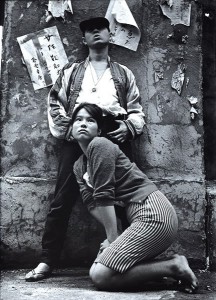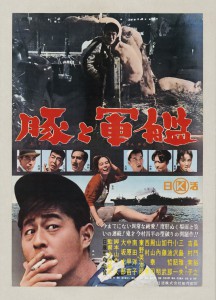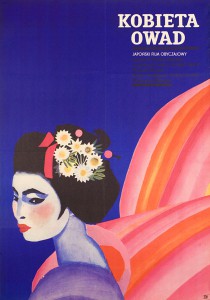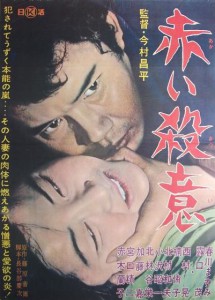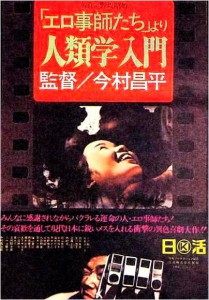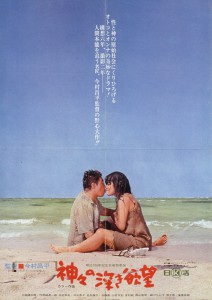

Focus Shohei Imamura
Born in 1926, Shōhei Imamura finds out that he wants to become a director when he discovers Akira Kurosawa’s Drunken angel. He studies at the Waseda University for six years, and joins the Shochika as an assistant for Kobayashi, Ozu or Yuzo Kawashima in 1951. When Kawashima starts working for the Nikkatsu in 1954, Imamura follows him and becomes his regular scriptwriter. In 1958, he shifts to filmmaking with Stolen desire, followed by Nishi Ginza Station, puis Endless desire, all already showing a taste for the portrayal of the working class and shot in a naturalistic style close to documentary filmmaking. In 1959, the studio hires him to direct Mon deuxième frère, whose success enables him to direct Pigs and battleships, a fascinating polemical film against the American occupation. Held as an anthropologist, he directs a series of memorable films in the 1960s. Like his characters, he’s always looking for freedom, and founds him production company in 1966. After the commercial failure of The profound desire of the gods, et starts working for TV and opens a film school, until a groundbreaking comeback in 1979 with Vengeance is mine. He will continue to direct anti-establishement films, with the same energy and raw look. After The ballad de Narayama in 1983, he joins the highly selective club of the two-Cannes-Palme-d’or directors with The eel, in 1997.
He died in 2006, five years after his last movie (Warm water under a red bridge). A decade later, it’s time to take a look at his iconoclastic, rebellious and sensual world.


